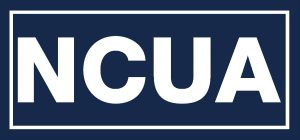The Conventional Loan vs. FHA Loans
Home buyers have several financing options to choose from, and two of the most common are conventional loans and FHA loans. If you’re thinking about buying a home, it’s important to understand the differences between the two loans so you can choose the best mortgage for your needs.
How Do Conventional Loans Work?
The term “conventional loan” refers to any loan that’s not backed by the government. They are offered by banks, credit unions, mortgage companies, and other private lenders.
Conventional loans usually have fixed interest rates. The rate is locked in prior to closing, and you’ll make fixed monthly …



















